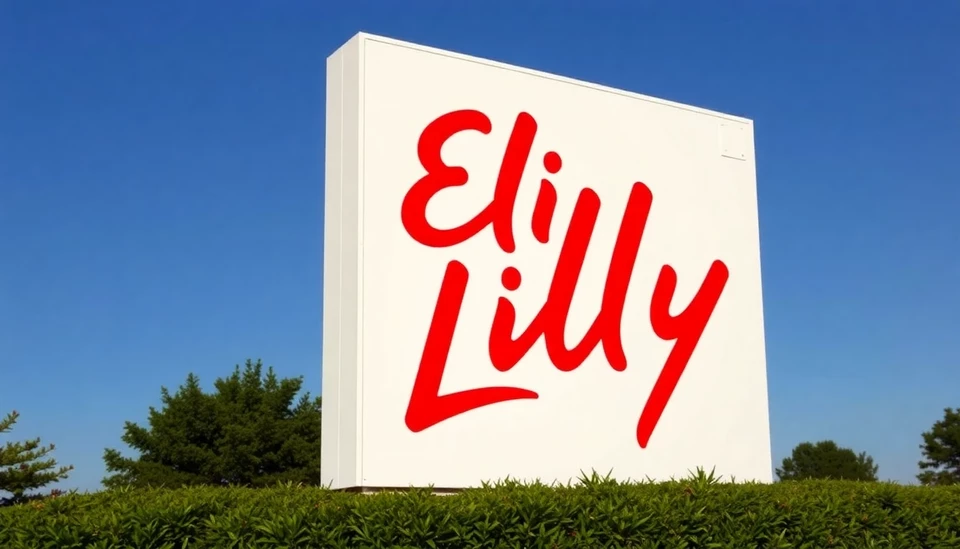
In a surprising turn of events, shares of pharmaceutical giant Eli Lilly experienced a notable decline after former President Donald Trump announced that he would not be proceeding with a proposal to include obesity treatments under Medicare coverage. This unexpected withdrawal has sent ripples through the investor community, raising concerns about the potential impact on Lilly's lucrative weight-loss medications.
The announcement was made during a recent press conference, where Trump explained that the proposal had been met with significant backlash and criticism from multiple stakeholders, including budget hawks within the Republican Party who argue against expanding entitlements. This decision left many investors reevaluating their positions on companies like Lilly, which has benefitted substantially from the increasing focus on obesity treatments as public health issues gain more recognition.
Lilly has been at the forefront of developing groundbreaking medications aimed at combating obesity, most notably its GLP-1 receptor agonists such as semaglutide. These treatments have shown promise in helping patients achieve substantial weight loss, and the potential for Medicare coverage was viewed as a significant boost to the company’s revenues in the long term. However, this latest development has prompted analysts to reassess revenue forecasts for Lilly amid growing uncertainty about the future of obesity treatment accessibility for seniors.
At the close of trading on the day of the announcement, Lilly’s stock price slipped by nearly 5%, reflecting investor anxiety over how this policy shift may affect sales of its obesity medications. Experts were quick to point out that without Medicare coverage, a significant portion of the obesity market—especially among the older population who are typically more susceptible to weight-related health issues—may remain underserved, potentially limiting the market size for Lilly’s treatments.
In response to the stock decline, Lilly’s executives have stressed their commitment to remaining at the cutting edge of innovation in obesity treatment, but acknowledged that the new political landscape might necessitate a shift in strategy. Analysts suggest that without the Medicare pathway, the company may need to pivot its focus toward other markets or consider partnerships with public health organizations to advocate for broader coverage of obesity treatments.
While Lilly is not the only player in the obesity treatment market, it is among the most prominent, making this announcement particularly impactful in the pharmaceutical industry. The implications of the withdrawal of Medicare coverage could potentially hinder not only Lilly's growth prospects but also the overall evolution of treatment paradigms for obesity, which is increasingly being recognized as a critical health issue.
As investors digest this news and its implications, all eyes will be on the upcoming legislative discussions that may either revive or further stall efforts to integrate obesity treatments into Medicare coverage. With the public health discourse surrounding obesity growing louder, stakeholders will be keen to watch how Lilly and other pharmaceutical companies navigate these challenges in the months to come.
Overall, the market's immediate reaction underscores the intricate connection between healthcare policy decisions and the fortunes of publicly traded pharmaceutical companies, with Lilly being a poignant example of how quickly fortunes can turn in this volatile sector.
#EliLilly #ObesityTreatment #Medicare #HealthcarePolicy #StockMarketNews #TrumpAdministration #Pharmaceuticals #InvestorWatch
Author: John Harris




